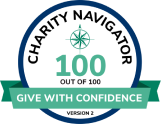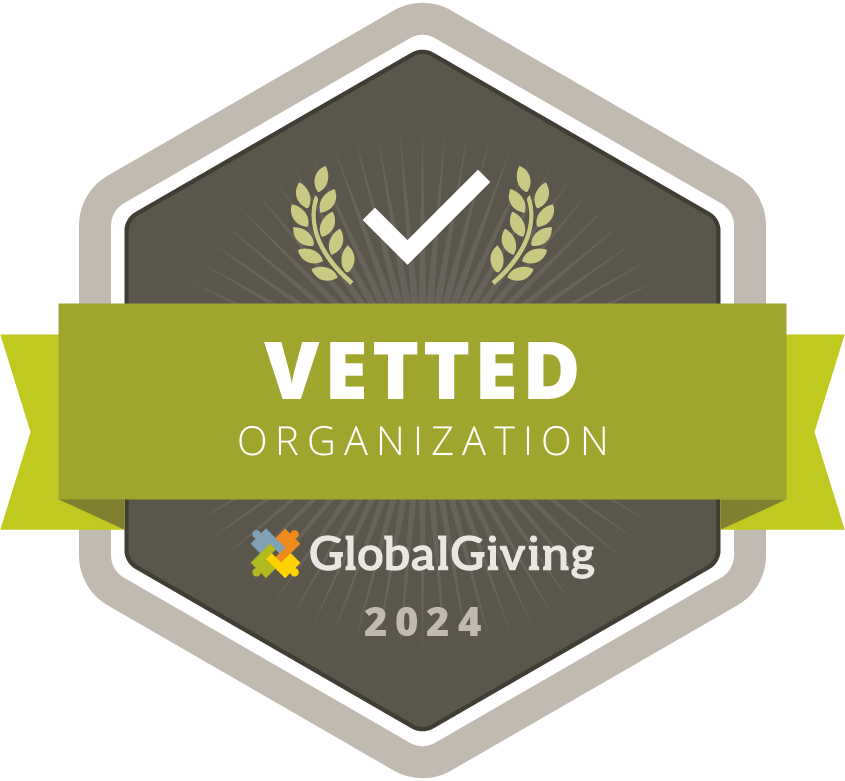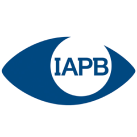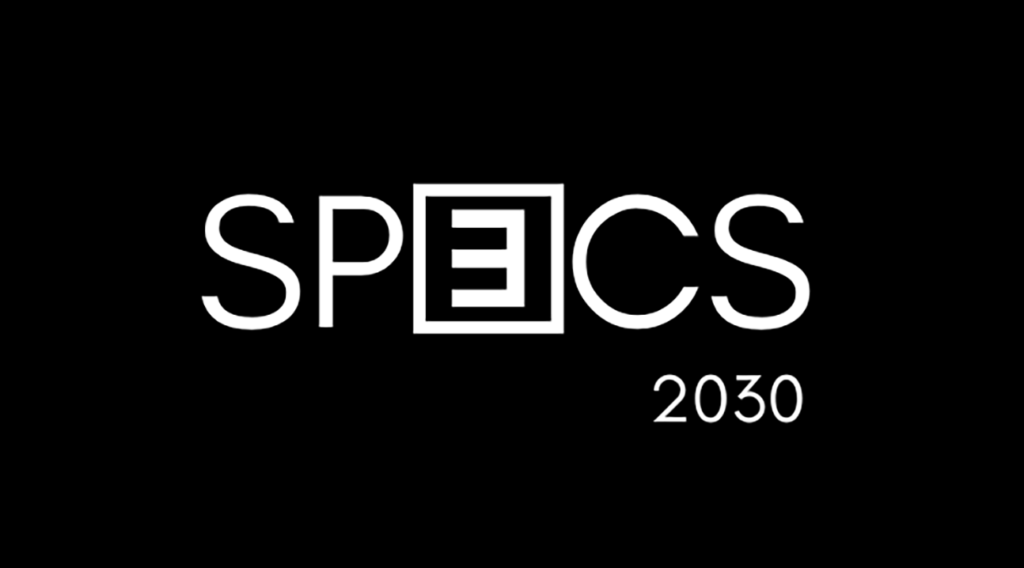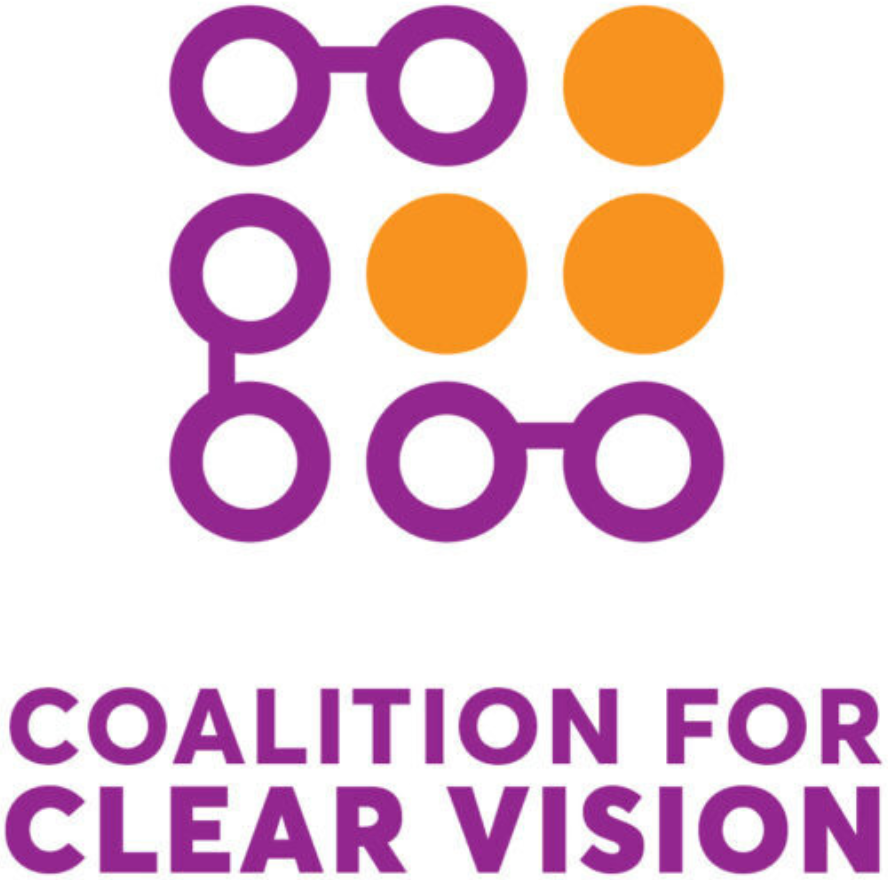By Pelin Munis, Ph.D.
Executive Director, RestoringVision
 One year ago this month, the United Nations unveiled a resolution that has transformed the way the world perceives the impact of vision health on just about every aspect of life: Vision for Everyone. The resolution states clearly that improved vision and addressing existing vision impairments across the globe leads to improvement in employment, enhanced workplace productivity, increased household income and spending, and enhanced economic productivity.
One year ago this month, the United Nations unveiled a resolution that has transformed the way the world perceives the impact of vision health on just about every aspect of life: Vision for Everyone. The resolution states clearly that improved vision and addressing existing vision impairments across the globe leads to improvement in employment, enhanced workplace productivity, increased household income and spending, and enhanced economic productivity.
These benefits, made possible through advancing local and sustainable vision programs, are instrumental in achieving the UN’s Sustainable Development Goal #2: Zero Hunger. You might be wondering how?
A 2018 randomized control trial published in The Lancet Global Health revealed that reading glasses improved worker productivity in an agricultural setting by 22% on average, and for those over 50 years old, productivity improved by almost 32%. This provides critical insight into the impact of providing eyeglasses to farmers and those responsible for our food resources.
The UN reports that: “According to the World Food Programme, 135 million [people] suffer from acute hunger largely due to man-made conflicts, climate change, and economic downturns. Increasing agricultural productivity and sustainable food production is crucial to help alleviate the perils of hunger.” The UN goes on to state: “The Food and Agriculture Organization urges countries to support smallholder farmers’ ability to increase food production.”
By working to provide clear vision to the 826 million people worldwide experiencing presbyopia – which is easily corrected by a pair of reading glasses, these individuals will increase their productivity. Aligned with the outcomes of the Lancet study, this means that farmers and those working in the fishing industry can increase their productivity and, by extension, advance SDG2: Zero Hunger by increasing agricultural productivity and sustainable food production.
Parvati Kanhu Sawale is one example of the millions of individuals and farmers impacted by our programs. Parvati lives in a small village situated in the Mawal block of the Pune district in India. She and her family work together on a farm. When Parvati recently lost her ability to see small objects close up, she could no longer sort the grains, leaving her feeling embarrassed for not being able to help her family. When a Jatan Foundation for Inclusion volunteer visited the family’s home to conduct vision screenings and provided Parvati a new pair of eyeglasses, she was overjoyed . Not only was her vision immediately restored, so was her confidence and ability to work again. With clear vision and increased productivity, Parvati was able to contribute to support her family in earning an income while providing the farm’s harvest to create food security for the greater community.
A pair of eyeglasses for farmers like Parvati experiencing presbyopia is a critical tool that creates a pathway for worker retention, increased productivity, and economic progress, key building blocks in the steps needed to achieve our global efforts to end world hunger. 90% of people with vision impairments live in impoverished communities without access to available, affordable vision services. Many are farmers and those responsible for the world’s food resources. That’s where RestoringVision comes in – and we won’t stop until everyone in the world can see clearly.

